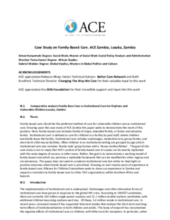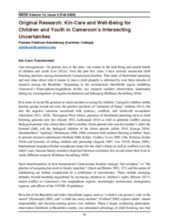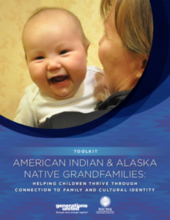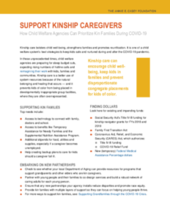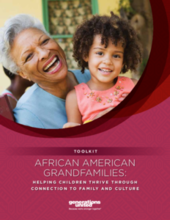Displaying 101 - 110 of 576
The goal of this case study is to demonstrate a working model of family-based care in Zambia which can produce a replicable framework that can be modified for other regions and circumstances.
How We Care is an initiative of Family for Every Child designed for those working with children and families across the world, to help them to learn from other practitioners. These pages showcase a variety of their practice, in order to generate learning and exchange across the Alliance and beyond.
This foundational chapter attempts to provide readers with content to assist in their understanding of the characteristics, role, and experiences of kinship elderly caregivers of children affected and/or infected by HIV and AIDS.
This study of distributed parenting and new ideas about what it means to raise a child properly is informed by over three decades of research among the Bamiléké.
This book prepares future child welfare professionals to tackle the complex and challenging work associated with responding to child maltreatment.
This toolkit is designed to give resources and tips to child welfare agencies, other government agencies and nonprofit organizations, so they can better serve all American Indian and Alaska Native grandfamilies regardless of child welfare involvement.
This one-page factsheet from the Annie E. Casey Foundation makes the case for supporting kinship care during the COVID-19 pandemic and offers suggestions on how to support kin families, find funding to support these families, and embark on new partnerships.
This toolkit is designed to give resources and tips to child welfare agencies, other government agencies and nonprofit organizations, so they can better serve all African American grandfamilies.
This book outlines narrative and dramatic approaches to improve vulnerable family relationships. It provides a model which offers new ways for parents to practise communicating with their children and develop positive relationships.
This paper reports a small qualitative research study where 10 sets of grandparents were interviewed to explore their journey to becoming GSGs and to theorize their subsequent experiences.

